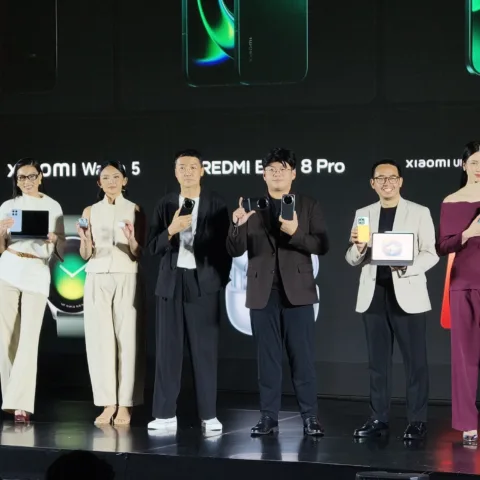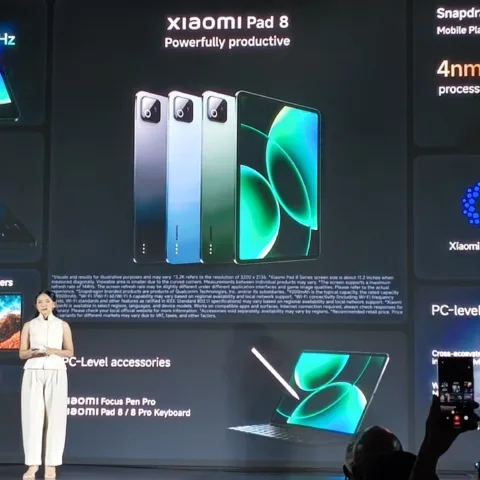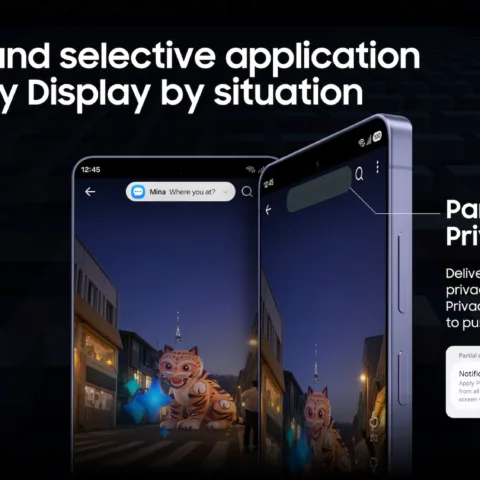
ZTE Corporation and Telkom Indonesia have just announced their commitment upon the establishment of a Collective Innovation Center which will focus on IP-based video tech development. The MOU has been signed during the Mobile World Congress which was held in Barcelona on March 2, 2015.
The center will present collaboration between ZTE’s tech in IPTV (Internet Protocol Television) and OTT (Over the Top Technology) solution and Telkom’s telecommunication services. It will also focus on IPTV and OTT development research, build partnership with related tech providers, and develop new IPTV and OTT-based services.
Previously, ZTE had put its signature on a contract for Telkom Indonesia’s IPTV network through the UseeTV Cable brand. Within the contract, it was stated that ZTE will back Telkom Indonesia up in developing, operating, and maintaining the low bit rate IPTV network until 2016. Furthermore, ZTE will also provide the operational, maintenance and hosting equipment as well as serving end-to-end services required for network optimization.
ZTE’s IP-based video system is claimed to have served over 26 million active users in more than 60 distribution spots worldwide. No wonder Telkom gets so hyped up towards this partnership. According to a survey by IDC and Ovum, ZTE’s IPTV and OTT-based products occupy the first position at Chinese markets.
Along with the increasing popularity it gains, more and more vendors put IPTV and OTT-based products on their list. Telkom is one of those who are wise enough to capture the opportunity. However, there are still numerous homework to do before these products reach its best in Indonesian market.
As managed services-based product, there are a lot of challenges that vendors must overcome. More stable network, along with geographic challenges and user transition from traditional services to modern ones must be handled properly so that optimum value for the services can be reached.
The Collective Innovation Center is expected to not only become a form of formality, but also give positive effects. The presence of various solution and innovation of IP-based video services, which can stimulate local developers’ creativity, might be one of the examples to these.










